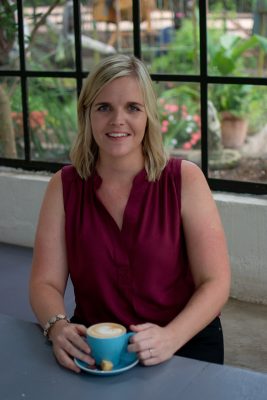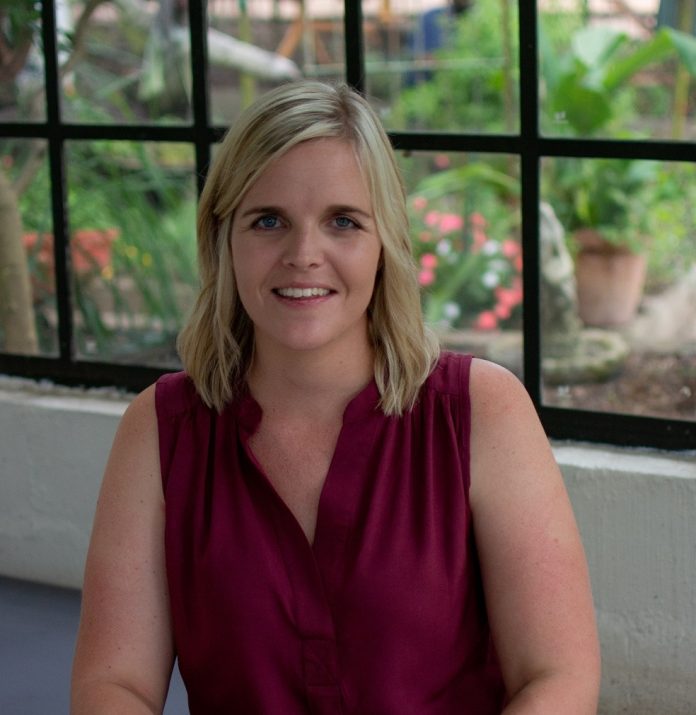“Dyslexia is not a pigeonhole to say you can’t do anything. It is an opportunity and a possibility to learn differently. You have magical brains – they just process differently. Don’t feel like you should be held back by it.” Her Royal Highness Princess Beatrice.
WENDY STONE, REGISTERED DYSLEXIA AND DYSCALCULIA DIAGNOSTICIAN
 As a qualified educator and psychologist, Wendy developed a particular interest in Dyslexia early in her career. She trained at the Stark Griffin Academy and became a registered Diagnostic Dyslexia Diagnostician in 2017. The Stark Griffin Dyslexia Academy is the first and only company in South Africa to develop a standardized Dyslexia assessment (also approved by the Health Professionals Council of South Africa) to meet the specific needs of Dyslexic children and adults in our country. Wendy is also qualified to administer the Stark Griffin Dyscalculia Diagnostic Test (Dyscalculia describes a mathematical-based learning difficulty).
As a qualified educator and psychologist, Wendy developed a particular interest in Dyslexia early in her career. She trained at the Stark Griffin Academy and became a registered Diagnostic Dyslexia Diagnostician in 2017. The Stark Griffin Dyslexia Academy is the first and only company in South Africa to develop a standardized Dyslexia assessment (also approved by the Health Professionals Council of South Africa) to meet the specific needs of Dyslexic children and adults in our country. Wendy is also qualified to administer the Stark Griffin Dyscalculia Diagnostic Test (Dyscalculia describes a mathematical-based learning difficulty).
WHAT IS DYSLEXIA?
Dyslexia is a condition where the brain is ‘wired’ slightly differently to the non-dyslexic, meaning they have a different way of processing information. The wiring of the Dyslexia (this should be dyslexic) brain results in a pattern of strengths like critical thinking, creativity and communication skills. It also results in challenges affecting traditional learning such as reading, writing, spelling, rote learning, memory and concentration. Each dyslexic will have a different pattern of strengths and challenges and will require support to reach their full potential. Dyslexia is often thought to be ‘reversing letters’ when reading and writing but this is only one type of Dyslexia. The Stark Griffin Diagnostic Test considers there to be three types of Dyslexia, with combinations of the three occurring differently in each Dyslexic individual.
HOW DO I KNOW IF MY CHILD OR A CHILD I WORK WITH SHOULD BE TESTED?
Dyslexia is often first noticed by parents and teachers who recognize the child’s natural intelligence, but are puzzled as to why there is a difficulty with reading, writing and spelling. If any of the following statements appear true, further testing for Dyslexia should be considered for Grade 3 to 12 learners:
- Your (I added ‘your’) child appears bright or highly intelligent but is unable to read, write or spell at grade level.
- Your child does not test well in writing but does very well orally.
- Your child has low self-esteem towards academic tasks.
- Your child is easily frustrated and emotional about reading at school or tests.
TESTING DAYS IN BALLITO, UMHLANGA AND HILLCREST:
Assisting children and teenagers with Dyslexia has become the primary focus of Wendy’s Hillcrest practice and families have travelled to see her from all around KZN. Wendy describes it as a privilege to meet children with incredible Dyslexic super strengths and she is often left in awe of the resilience and diligence they have had to develop in order to cope with the associated academic challenges.
In order to meet the growing need for children requiring a diagnosis, she recently launched ‘testing days’ in Umhlanga and Ballito. Parents, teachers, psychologists, therapists and other medical professionals are encouraged to refer learners from Grade 3 to 12 to the practice if the child presents with reading and spelling difficulties which do not appear consistent with the underlying intellectual ability. The diagnostic Dyslexia Test takes 30 minutes to administer, with feedback and a comprehensive report being issued outlining recommended intervention, support and exam accommodations/concessions. Depending on the severity level of the diagnosis, Dyslexic learners can access support for tests and exams, including a reader, a spelling concession, additional time and a scribe (subject to review by relevant exam and school board).
Psychologists who assess leaners for the purpose of application for high school accommodations/concessions will still be required to complete the required battery of testing as stipulated by the Department of Education and the Independent Examination Board but are encouraged to refer the learner for a Diagnostic Dyslexia Test so that they can include an official diagnosis in their report and application, with the Stark Griffin Dyslexia Academy’s official recommendation for specific concessions.
Details: Wendy Stone: [email protected], 071 608 1191 (email communication preferred)






